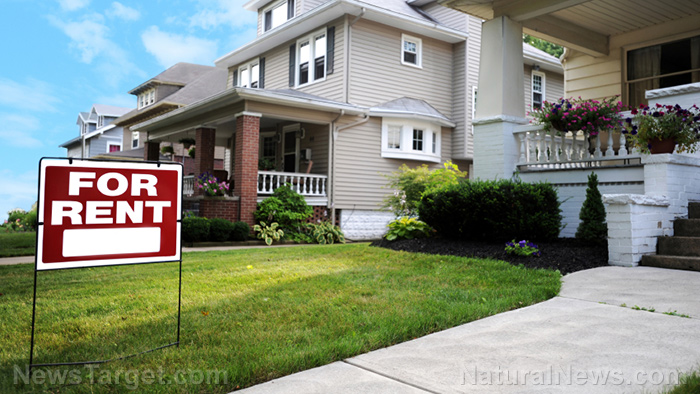
Advertisement
Analysis of the Center Bureau housing data revealed that from 2006 to 2016, the total number of households headed by renters had increased by 36.6 percent, a number which almost beats the record high jump of 37 percent in 1965. Authors at the Pew Research Center who published this report concluded that the lingering effects of the recent housing crisis has influenced buying strategies. They noted that the number of people who opted to buy a home had remained stagnant for a decade, with more young professionals (aged 35 and younger) choosing to rent. Researchers also observed that the trend is evident even among demographic groups known to not rent, including whites and middle-aged adults.
Other key findings of the report include:
- Millennials are the biggest group choosing to rent. Sixty-five percent of households headed by people of this age group were rented. This is compared to only 57 percent in 2006.
- Among those aged 35 to 44, four in 10 households were rented, up from only 31 percent in 2006.
- Twenty-eight percent of households headed by those aged 45 to 64 were rented. This was only 22 percent in 2006.
- Rental rate for elderly Americans (65 years old and older) remained the same at 20 percent.
Race was also recorded to be a determining factor. The Pew Center report wrote that Black and Hispanic households were twice as likely to be rented compared to their white counterparts. Fifty-eight percent of black households, and 54 percent of Hispanic households were said to be rented in 2016, compared with only 28 percent of whites.

Overall, U.S. households grew by 7.6 million over the last decade, with homeownership displaying no change and renting households showing an uptick in numbers.
Richard Fry, one of the senior researchers involved in the study, attributed the trend to rising home prices, larger student debt, and remaining fears from the housing crash as the main reasons why more people are choosing to rent their homes. Fry also said that millennials may be less capable of buying a home in the first place due to them not earning enough and practicing proper financial habits such as saving and investing.
Another reason, he hypothesized, for the disinterest in owning a home may be from the unwarranted fear young professionals have of “settling down.” In a report on CNBC, Fry reportedly said that “owning a home inhibits moving, and young adults are the most likely age group to move, so they may prefer not to own just yet.”
Even so, this conscientiousness may lead to regret later on. Another report showed that 41 percent of renters regret not buying a home. Of those who did buy a home, there was still remorse as to not choosing a bigger one, but the percentage of people who claim themselves as dissatisfied was less than those who didn’t have their own home.
Economists have said that renting may be a more financially-sound decision; but only for a few years. Eventually, it makes more sense to buy a home. David Weidner, who is the managing editor for Trulia’s housing economics research team which published this analysis, said, “in every U.S. major market, it’s cheaper to buy a home than it is to rent…over seven years.”
Unfortunately, Weidner also noted that most people become stuck with their housing mistake. Current circumstances, along with constantly fluctuating global and local markets, have made it more difficult for working professionals to shift their financial lifestyle. That said, fatalistic sentiments are not helpful nor encouraged. People can take the necessary steps to change their situation by doing proper research and speaking with financial experts on how to better manage their money, and yes, even purchase their first home.
Read more stories like this on NewsTarget.com.
Sources include:
Submit a correction >>
This article may contain statements that reflect the opinion of the author
Advertisement
Advertisements















